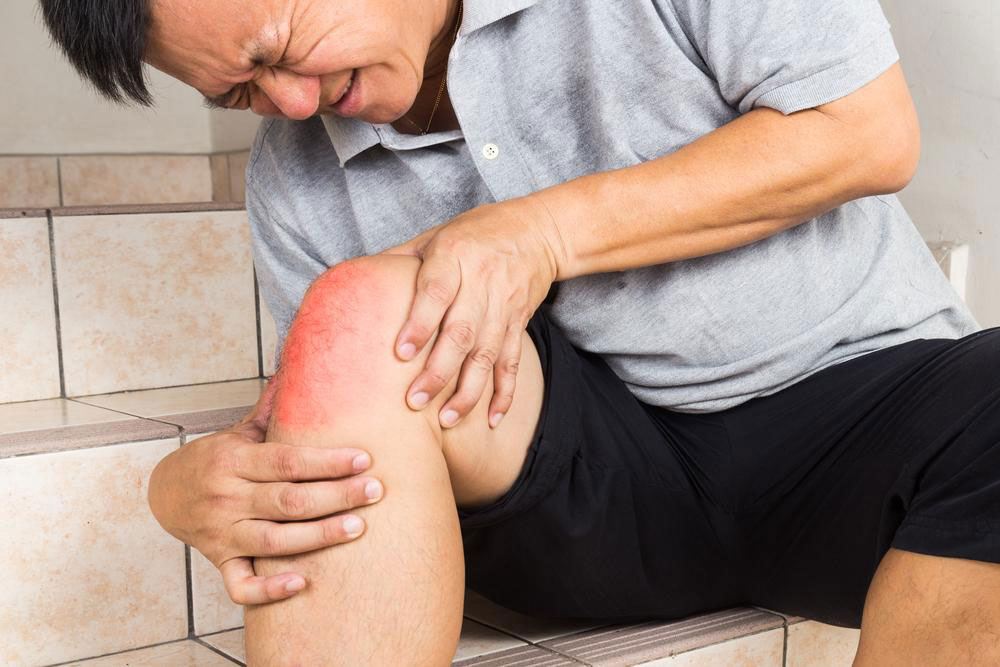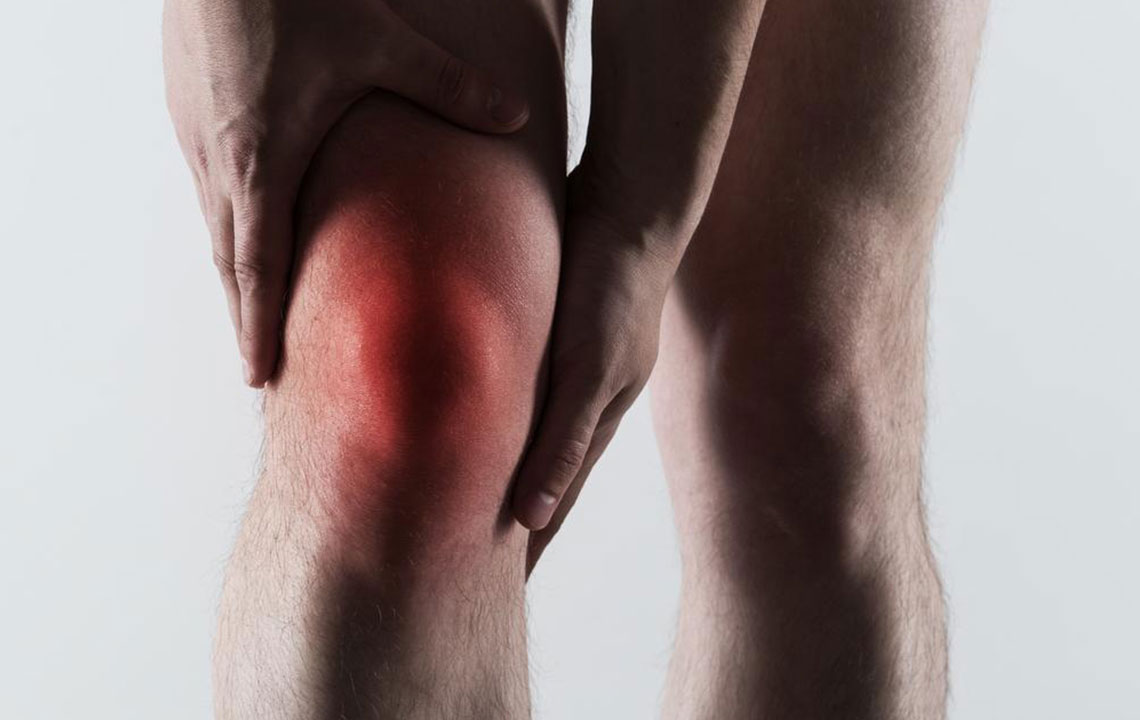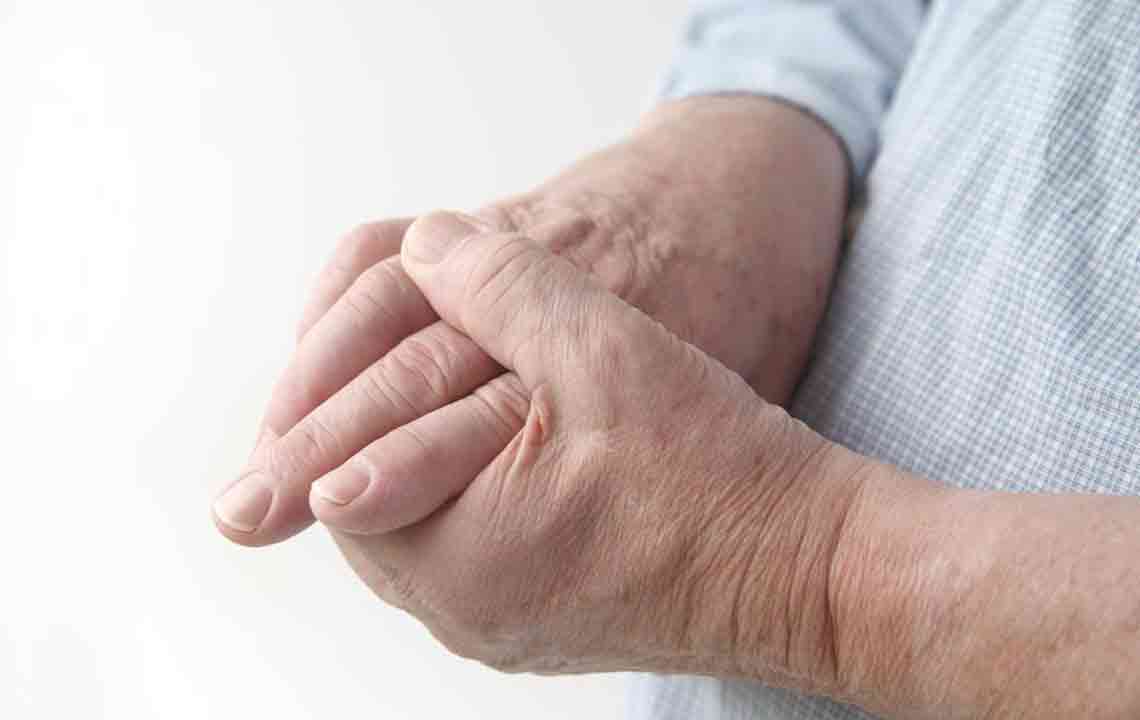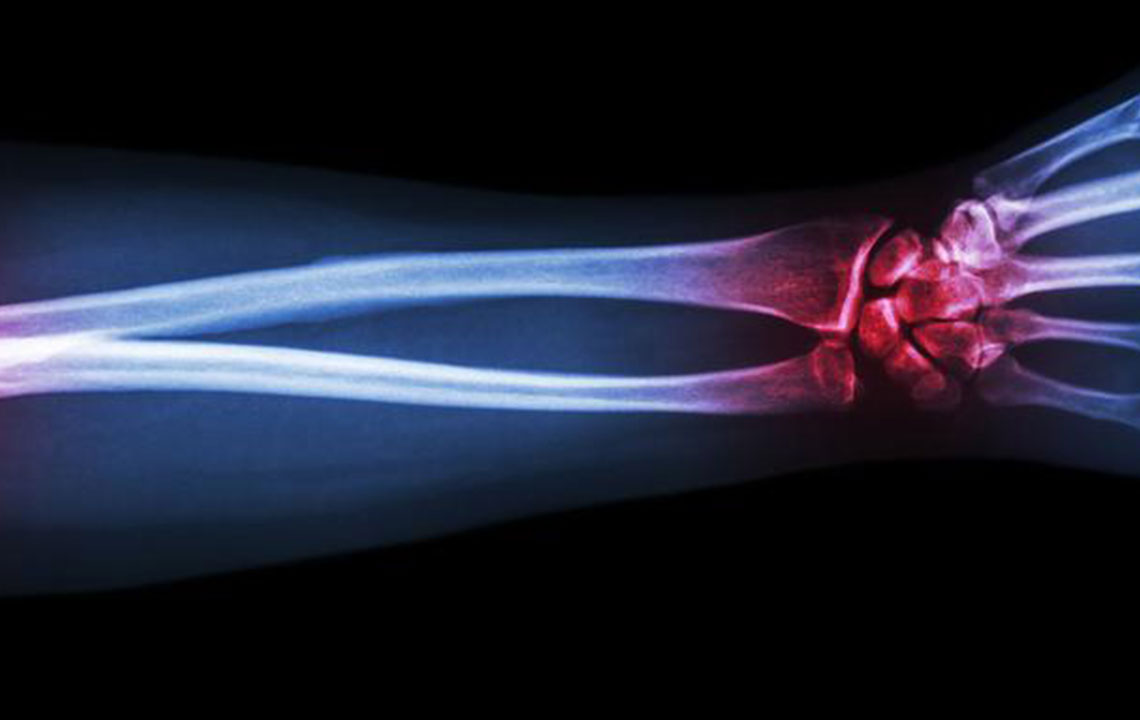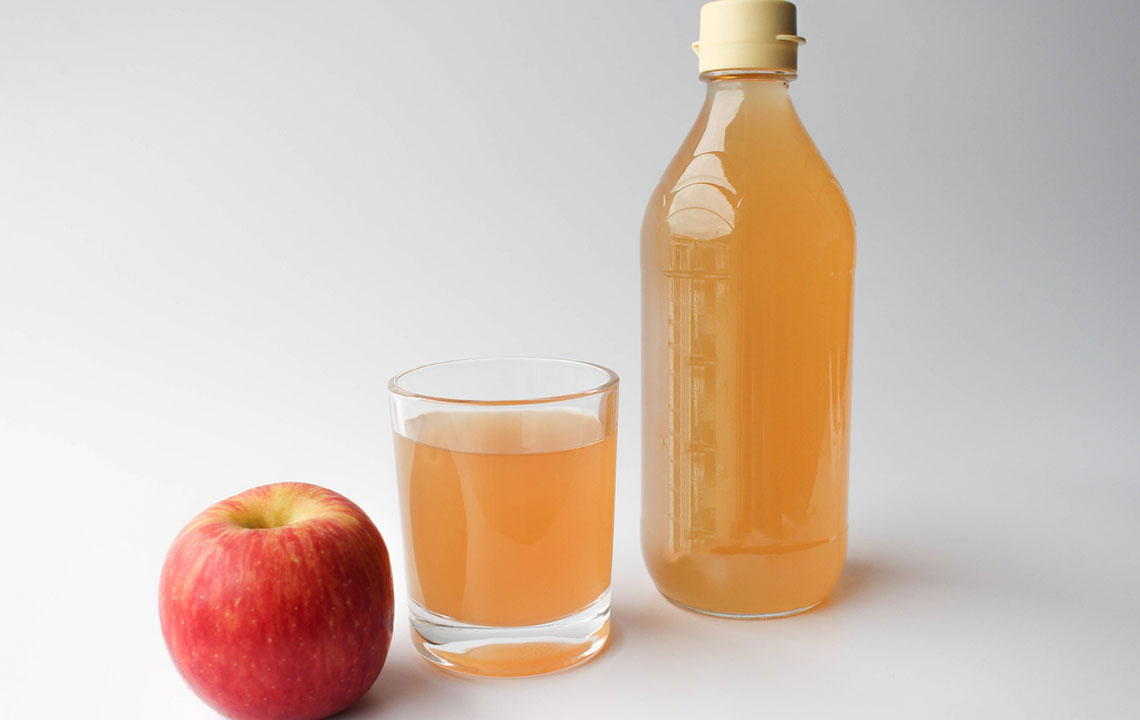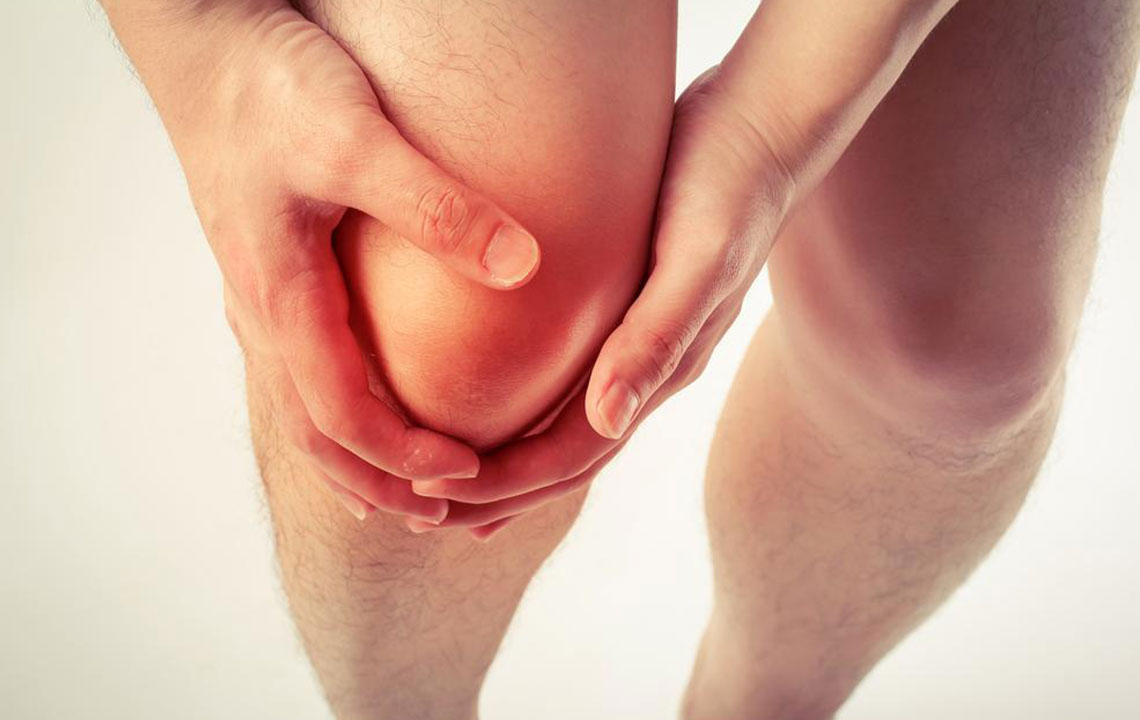Effective Strategies to Alleviate Gout Pain Quickly
This article offers practical methods to alleviate gout pain quickly, including homeopathic remedies, natural treatments, and lifestyle adjustments. It emphasizes consulting healthcare professionals before trying new therapies and provides tips to manage symptoms effectively. Whether experiencing an acute attack or seeking preventive measures, these strategies aim to make managing gout more manageable and less painful.
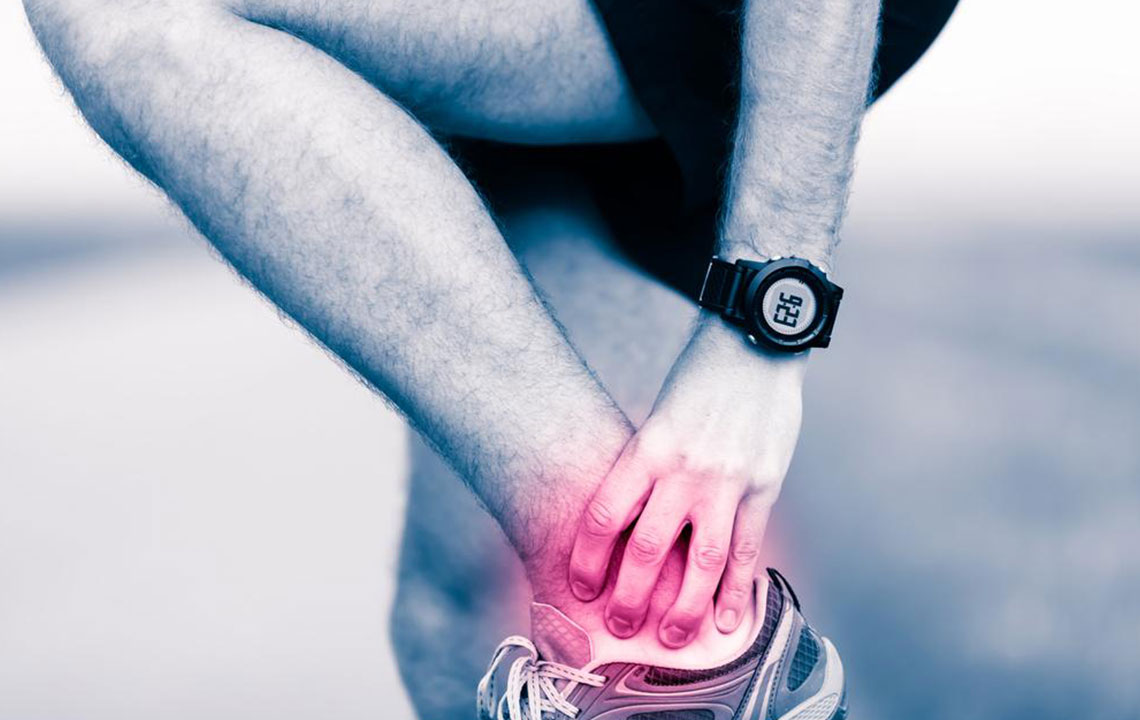
Effective Strategies to Alleviate Gout Pain Quickly
Gout is a form of inflammatory arthritis caused by elevated uric acid levels in the blood. These uric acid crystals can settle in joints, leading to sudden, intense pain, redness, swelling, and warmth. Fortunately, there are several ways to ease these symptoms. Keep reading to discover effective relief methods.
Immediate Gout Relief Techniques
Homeopathic Remedies
Homeopathic treatments can deliver quick relief without harming your body. Some options include:
Aconite: Ideal for early gout attacks, especially in the feet.
Belladonna: Reduces inflammation, redness, and pain associated with gout.
Additional Homeopathic Options: Remedies like Bryonia, Calcarea Fluorica, and Urtica Urens can also help alleviate symptoms swiftly.
Natural Home Remedies
Many natural remedies can help manage gout symptoms effectively. Some popular choices include:
Elm Leaf Tea: Applying an infusion of elm leaves to affected areas provides soothing relief.
Ginger: Known for anti-inflammatory properties, ginger can be used in teas, dishes, or as a paste applied directly to sore joints.
Apple Cider Vinegar: Mixing a tablespoon in a glass of water and drinking daily may help reduce symptoms.
Approximately 4% of Americans experience gout, leading to pain and discomfort. While these methods can ease symptoms, consult your healthcare professional before starting any new treatment.
Managing Gout Pain Effectively
Over-the-Counter Pain Relief: Medications like ibuprofen can provide instant relief during flare-ups. Avoid aspirin, as it can worsen gout.
Use of Ice: Applying ice packs or frozen peas wrapped in cloth to the painful area for 20-30 minutes can reduce swelling and ease pain.
Stay Hydrated: Drinking 8-16 cups of fluids daily, mainly water, helps eliminate uric acid build-up and prevents kidney stones.
Limit Alcohol Consumption: Alcohol, especially beer, increases uric acid levels and dehydrates the body, aggravating gout symptoms.
Elevate Affected Limbs: Keeping inflamed joints elevated can reduce swelling and discomfort.
Relax and Reduce Stress: Stress can elevate uric acid levels; relaxation techniques may help manage symptoms.
Dietary Adjustments: Limiting meat and animal proteins and opting for a vegetarian diet can decrease flare-up frequency. Consult your doctor for personalized dietary advice.
Steroid Therapy: If NSAIDs are unsuitable, steroids like prednisone prescribed by a doctor can alleviate inflammation and pain.
Targeted Gout Medications: Drugs such as colchicine can lessen acute attacks if taken early; allopurinol reduces uric acid production for ongoing management, while probenecid helps the kidneys excrete uric acid more efficiently.
Incorporate these strategies to manage gout symptoms effectively. Always seek medical advice before implementing new treatments or medications.

